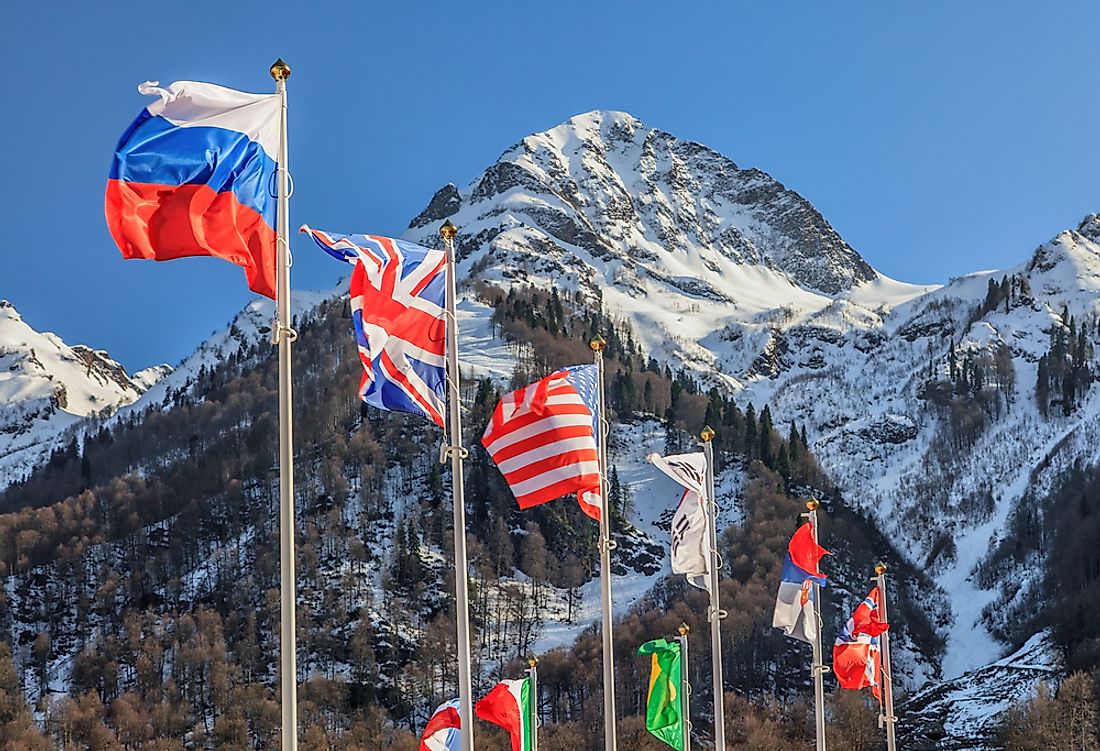The World’s Most Notorious Cup of Coffee Comes at a Cruel Cost

Tourism has flourished in Bali, Indonesia in recent years, and it’s easy to see why. Effortlessly enchanting, the island draws visitors in with its sheer natural beauty and cultural extravaganza. With this surge in tourism, the demand for local cultural and gastronomic experiences has also skyrocketed on the island and with it so has the desire of some travelers to taste what is dubbed as the world’s most expensive coffee, called kopi luwak. Unfortunately, the production of this notorious coffee is shrouded in controversy and those visiting the kopi luwak producing farms on the island may be unknowingly supporting animal cruelty.
Why the Fascination for Kopi Luwak?
Kopi luwak, which is Indonesian for civet coffee, is produced from the feces (or more correctly, from the partially digested coffee beans present in the feces) of the Asian palm civet, a small mammal found in South and Southeast Asia. The producers of kopi luwak claim that two main factors are to thank for its special taste: the fact that the civets are selective in nature and consume only the choicest coffee cherries, and the fact that the civets’ digestive enzymes act on the coffee beans to lend a smoother and less bitter taste to kopi luwak compared to regular coffee.
According to folklore, the origin of civet coffee can be traced to the coffee plantations of colonized Indonesia. The plantation workers, forbidden from consuming the coffee produced in the traditional way using beans picked from the plants, resorted to producing coffee from the partially digested coffee beans obtained from the droppings of the wild civets that invaded the plantations to feast on the coffee cherries. Gradually, civet-poop coffee grew in popularity to the point where even plantation owners gave it a taste.
In recent times, kopi luwak’s popularity surged after it was introduced in the West by Tony Wild, a coffee consultant. It also benefited from a featured spot on “Oprah” and in “The Bucket List”, a 2007 Hollywood film. With tags like “the most expensive coffee in the world” and “cat-poo coffee” associated with it, kopi luwak became a major attraction and a much-desired commodity worldwide.
Naturally, the increasing demand for this coffee soon encouraged a thriving kopi luwak industry. Producers of this coffee began to capture wild civets, keeping them in cages to maximize production. Investigations revealed that most of the coffee sold as "wild" (sourced in the forests from wild civets) was actually manufactured using the feces of caged civets.
Moreover, reports by National Geographic, BBC, and others came forward about the cruelty meted against the civets involved in kopi luwak production. Ogling tourists visiting the kopi luwak farms also added to the misery of the civets used in this industry.
The Bitter Truth Behind the World’s Most Expensive Cup of Coffee: an Interview With the Bali Animal Welfare Association
To learn more about the abuse of civets for kopi luwak production, World Atlas interviewed Janice Girardi, the founder of the Bali Animal Welfare Association (BAWA). Based in Indonesia, this non-profit organization strives to protect and improve the lives of animals in Bali and beyond.
“Genuine kopi luwak comes from the partly digested coffee bean droppings of the wild palm civet. Today, very little of this product is genuine and sourced from wild civets. Most kopi luwak comes from civets who are cruelly caught from the wild and kept in farms to produce large quantities of partly digested coffee beans,” Ms. Girardi informed us.
She also described the horrific conditions in which the civets are caged for production of the coffee. She mentioned how these animals are forced to live in tiny cages and are subjected to a highly restricted diet. Most often, they are fed with only coffee beans to increase the profits of the farmer. This subjects the civets to great misery.
“These shy and nocturnal animals are usually kept in conditions of bright light and forced to stay awake during the day so that tourists can gawk at them and try to touch them, occasionally resulting in bites and infections,” she mentioned.
In 2016, researchers from Oxford University and the World Animal Protection published the results of a study where they had assessed the living conditions of encaged civets in Bali’s coffee plantations. The results of the research revealed several shocking facts. The researchers found that every plantation visited failed to meet the basic animal welfare standards in the management of the captured civets. The enclosures of the civets were soaked in urine and droppings. Moreover, the wire floor of their cages, where they were forced to live 24 hours a day, rendered them highly susceptible to sores and abrasions.
A BBC undercover investigation in 2013 also revealed how caged civets kept in inhumane conditions were used to generate kopi luwak for the European markets where it was sold as wild civet coffee.
Even Tony Wild, who popularized the coffee in the West, launched a campaign aimed at ending the very industry that he had created to end the abusive practices of kopi luwak production using caged civets.


Heartbreaking images of civets held in captivity by producers of kopi luwak. Images courtesy of the Bali Animal Welfare Association (BAWA).
Responsible Tourism Is The Need Of The Day
Mass protests by animal welfare organizations and activists, media reports, and scientific investigations which reveal the bitter truth have managed to reduce the popularity of kopi luwak to a great extent in the past few years. However, tours of kopi luwak farms with caged civets are still popular among a section of tourists to Indonesia.
Ms. Giardi believes that one of the ways to end this cruelty is by discouraging tourists from visiting these farms.
“When you visit such places, your money supports animal cruelty. We request you to please prioritize the welfare of the animals and choose the places you support with great caution,” Ms. Giardi appealed to tourists through World Atlas.
She also informed us of other ways in which the cruelty meted out to the civets can be stopped.
“Individuals can refrain from buying civet coffee and visiting civet farms to reduce demand. People can also write to retailers selling kopi luwak and ask them to stop selling civet coffee. Additionally, individuals can write to their local Indonesian Embassy to call for a ban on keeping and farming civets for kopi luwak. If people do not purchase kopi luwak or visit the farms, this cruel trade will eventually end,” she mentioned with a note of hope.
In the end, it is a matter of personal choice. However, if an action as small as refraining oneself from consuming kopi luwak sourced from caged civets can save a species from great misery, it may be certainly be worthwhile to refrain.
To learn more about the work done by the Bali Animal Welfare Association, please visit their website here.
**
Dr. Oishimaya Sen Nag is a freelance writer and editor from Kolkata, India. She loves to participate in wildlife conservation activities and to explore new places and cultures.




